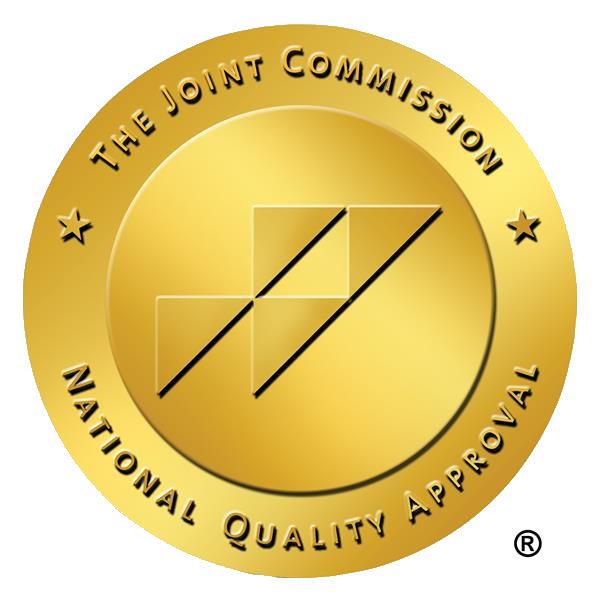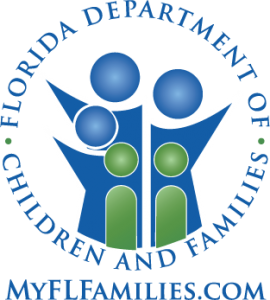PTSD in Veterans: Treatment Options and Resources
Post-Traumatic Stress Disorder (PTSD) is a significant mental health condition that affects many veterans. After experiencing a traumatic event, such as combat, military sexual trauma, or other distressing incidents during military service, veterans may develop symptoms of PTSD. These symptoms can have a profound impact on their daily lives, relationships with family members, and overall well-being. Understanding the treatment options and resources available to veterans with PTSD is crucial for effective recovery and support.
What is PTSD?
PTSD, or Post-Traumatic Stress Disorder, is a mental health condition that develops after a person experiences or witnesses a traumatic event. For veterans, this could be combat, traumatic brain injuries, military sexual trauma, or other harrowing events during active duty. Symptoms of PTSD can include flashbacks, nightmares, avoidance of situations that remind them of the event, and heightened anxiety or irritability.
Treatment Options for PTSD in Veterans
Treating PTSD in veterans requires a multifaceted approach that addresses both psychological and physical symptoms. The following are some of the effective treatment options available for veterans:
Psychotherapy: Cognitive Behavioral Therapy (CBT) and Cognitive Processing Therapy (CPT) are common approaches to treat PTSD. These therapies focus on identifying and changing negative thought patterns and behaviors.
Eye Movement Desensitization and Reprocessing (EMDR): This treatment uses eye movements to help veterans process traumatic memories and reduce emotional distress.
Exposure Therapy: A method that involves confronting traumatic memories in a controlled and safe environment to reduce their impact.
Medication: Antidepressants, particularly Selective Serotonin Reuptake Inhibitors (SSRIs) like sertraline and paroxetine, are often used to manage symptoms of PTSD.
Combination Therapy: A blend of psychotherapy and medication may be recommended for some veterans, providing a comprehensive approach to treatment.
Understanding PTSD in Combat Veterans
Combat veterans are often exposed to intense and life-threatening situations, leading to a higher risk of developing PTSD. Events such as intense firefights, explosions, and close-quarters combat can leave lasting psychological scars. Additionally, military sexual trauma and traumatic brain injuries can also trigger PTSD. For many veterans, these traumatic experiences carry over into civilian life, affecting relationships with family members, loved ones, and even health care providers.
Resources for Veterans with PTSD
The U.S. Department of Veterans Affairs (VA) plays a central role in providing resources and treatment programs for veterans with PTSD. In addition to treatment options, veterans have access to various resources that offer support, guidance, and mental health care. Here are some of the key resources for veterans with PTSD:
Department of Veterans Affairs (VA): The VA offers a wide range of services, including mental health care, treatment programs, and the Veterans Crisis Line for those in immediate need of support.
National Center for PTSD: This center provides educational resources, research, and information on effective PTSD treatment.
Vet Centers: These community-based centers offer counseling, group therapy, and support services for veterans and their families.
VA Medical Centers: These centers offer comprehensive health care, including mental health services and treatment for PTSD.
Family Support Programs: Programs designed to support family members and loved ones of veterans with PTSD.
Department of Defense (DoD): The DoD also provides resources and treatment programs for active-duty service members and veterans.
Support for Veterans with PTSD
Supporting veterans with PTSD is crucial to their recovery and well-being. Family members and loved ones play a significant role in providing emotional support and encouragement. It is essential to create an environment where veterans feel understood and respected. Additionally, caregivers and health professionals should work collaboratively to ensure veterans receive the appropriate treatment and support.
Veterans dealing with PTSD should seek professional help from a health care provider or mental health professional experienced in treating PTSD. With the right treatment plan and resources, veterans can work toward healing and regaining a sense of normalcy in their lives.
If you or someone you know is a veteran struggling with PTSD, reach out to the Veterans Crisis Line or contact a local VA health care provider for support. Remember, you are not alone, and there are effective treatment options and resources available to help you on your journey to recovery.










